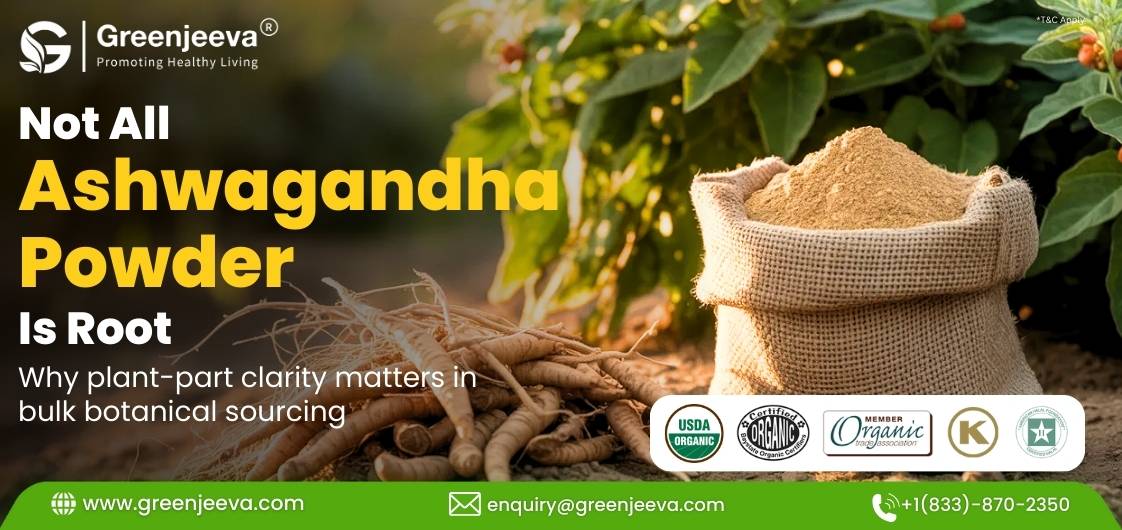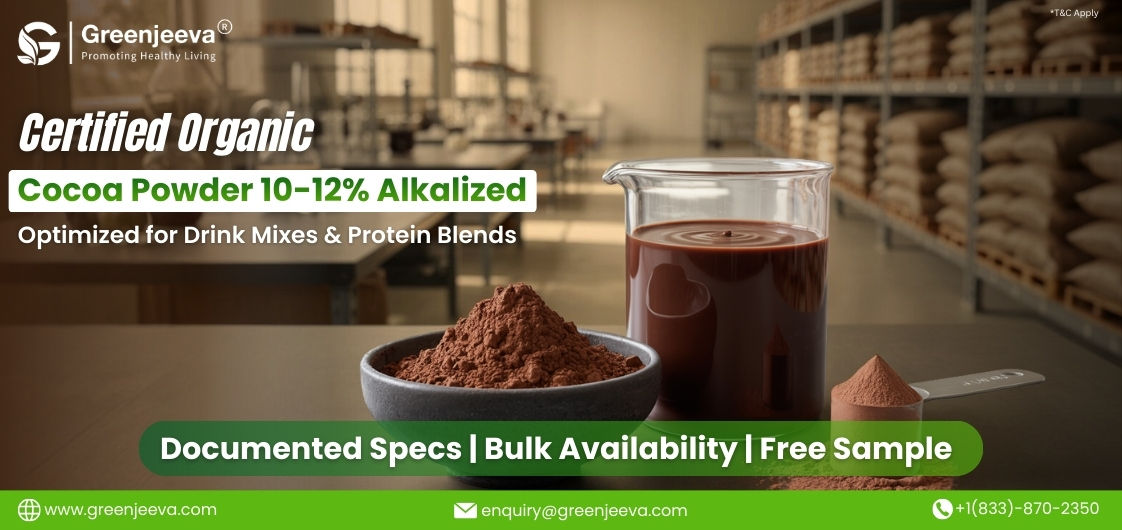Lion’s Mane Mushroom – Overview, Nutrition Profile, and Interesting Facts

What is The Lion’s Mane Mushroom?
Lion’s mane mushroom, aka lion’s mane is a fungus originated in Asia, North America, and Europe. It grows on the decaying trees in the forests and appears as white icicles cascading from the trees. The white needle-looking thing on the mushroom is its gills, which collectively give the mushroom an appearance resembling the lion’s mane. This unique fungus has a spongy texture and an internal structure like cauliflower. Its branches or spines spread out from one tough, fibrous base. It is an edible mushroom that has a slightly sweet taste similar to lobster. This shaggy mushroom has been quite popular these days due to its abundant nutrients and various uses.
Nutrient Composition of Lion’s Mane Mushroom
Beyond being a visual treat, lion’s mane mushroom contains a substantial amount of vitamins, minerals, protein, fiber, and plant compounds. This fungus is extremely low in calories and saturated fats. However, it is a great source of beta-glucan polysaccharides that has a good impact on health. It comprises seven essential amino acids and eight non-essential amino acids. It is rich in flavones, alkaloids, anthraquinones, and phenolic compounds. Along with these compounds, this mushroom is loaded with minerals such as zinc, iron, calcium, phosphorus, magnesium, and potassium. Certain vitamins including B9, B1, and E are also present in the mushroom. Due to its large amounts of nutrients, lion’s mane supplements or pills are having a lot of demand.
Fascinating Facts You Didn’t Know About Lion’s Mane Mushroom
- Other names of lion’s mane like bearded tooth and pom-pom mushroom are given because of its distinctive appearance.
- Many mushroom species grow near the base of trees or on the ground. However, the lion’s mane grows on the higher parts of the tree.
- In the past, lion’s mane was found in the mountainous areas of Asia and Buddhist monks consumed it for its nutrients.
- Its spines remain pure white during young age, but fades to yellow or brown colour with age.
- A single spine can grow up to 2.75 inches and the entire mushroom measures around three to 10 inches.
- The mushroom thrives in late summer to fall season and is found on dead hardwood trees.
- The lion’s mane does not have a stalk or a cap like all typical mushrooms.
- These mushrooms have a mild flavor and a chewy texture with a bitter smell reminiscent of dark chocolates.
- Since it has bioactive compounds like sterols and polysaccharides, people use lion’s mane powder in their teas and coffees.
- There are several delicious lion’s mane recipes, including soups, brews, puddings, and cookies, where people use this mushroom extract.
The Final Words
Lion’s mane mushroom is an unusual fungus with soft spines all over the body. The bioactive substances of this mushroom increase its nutritional value and demand. Lion’s mane powder is largely used by the pharmaceutical industry, owing to its goodness. The growing interest in healthy foods will soar up the demand for its extract even more.
If you want to buy Organic Lion'S Mane Powder online visit these websites (Green Jeeva & Jeeva Organic) for affordable and bulk orders.
Disclaimer:
The above statements are not intended to cure any disease or comply with any health benefits. This is solely for information purposes. Please consult your doctor/health practitioner before consumption of the product. Although we take efforts to keep our website informative, we do not guarantee any medical benefits.






